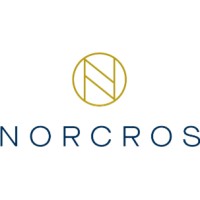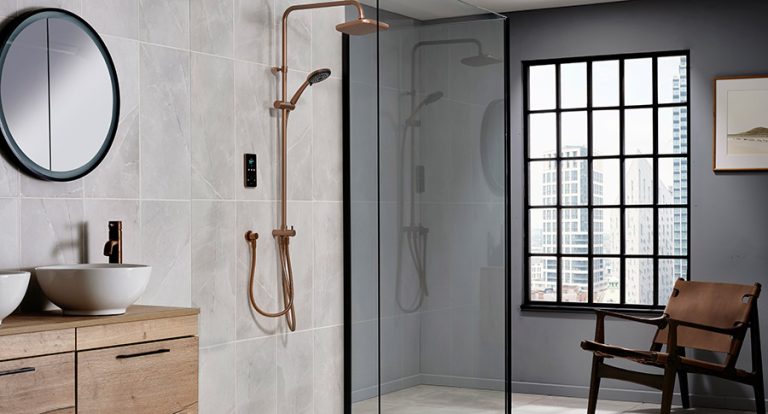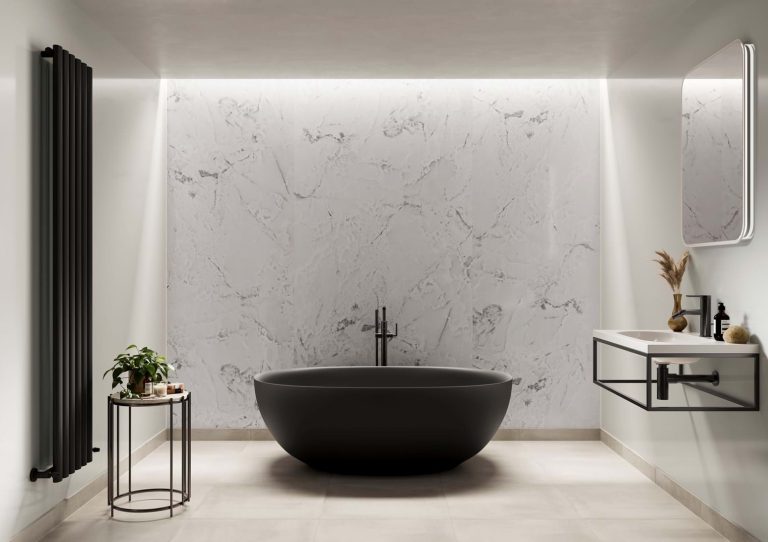When Awaab’s Law came into effect in October 2025, it imposed fixed deadlines for social housing providers to investigate and repair health-related hazards in tenant homes. This development created pressure not only on maintenance teams but also on earlier specification choices made throughout kitchens, bathrooms and shared spaces. Moisture-heavy environments, previously managed through reactive maintenance, became compliance flashpoints requiring proactive prevention.
The legislation required that any reported hazard be investigated within ten working days. If the issue was found to pose a serious health risk, remedial action had to begin within five working days, or just twenty-four hours in emergency cases. These short timeframes compressed the operational response window, making it more difficult for providers to diagnose, plan and execute repairs without delay. As a result, material systems that resisted moisture, installed quickly and minimised long-term degradation became far more relevant.
This directly affected how wet walls, surfaces and partitions were chosen. Traditional tiles with grout lines, although widely used, posed ongoing maintenance risks. They were vulnerable to mould build-up and often required disruptive removal or cleaning once compromised. By contrast, panel systems that eliminated grout, provided full water resistance and supported fast installation helped housing providers manage both compliance and risk more effectively.
Norcros plc (LON:NXR) is a leading B2B producer of branded bathroom and kitchen products for its UK, South African and selected export markets. The portfolio of eleven operating companies (6 UK, 2 South Africa) is characterised by strong individual brands, together providing product breadth and channel diversity from a strong supply chain base.








































